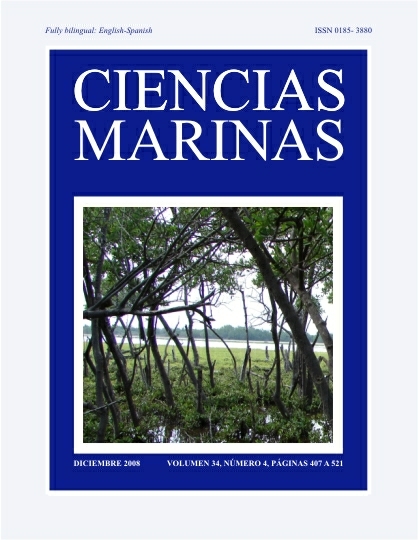Effects of the aquarium fish industry in Costa Rica on populations of the Cortez rainbow wrasse Thalassoma lucasanum
Main Article Content
Abstract
Costa Rica hosts an active industry for the collection of marine ornamental reef fish that are supplied to the international aquarium fish trade. Little is known about the effects that collection activities may be having upon target species in Costa Rica, although research elsewhere gives reason for concern. Thalassoma lucasanum (Cortez rainbow wrasse) is an important species in this fishery. Costa Rican collectors prize the vibrantly colored terminal phase T. lucasanum individuals, but also collect the less dramatic initial phase T. lucasanum. We measured the density of T. lucasanum and the length of terminal phase individuals on highly collected reefs close to a fishing village and on nearby less-collected reefs located within the Guanacaste Conservation Area. Our findings show that densities of T. lucasanum were significantly lower and that terminal phase individuals were significantly smaller on the reefs near the fishing village where collection pressure was high. These findings indicate that even moderate amounts of relatively non-destructive aquarium fish extraction can negatively affect targeted populations. We present some suggestions for the reform of the aquarium reef fish industry in Costa Rica, which we believe would improve the long-term sustainability of this fishery.
Downloads
Article Details
This is an open access article distributed under a Creative Commons Attribution 4.0 License, which allows you to share and adapt the work, as long as you give appropriate credit to the original author(s) and the source, provide a link to the Creative Commons license, and indicate if changes were made. Figures, tables and other elements in the article are included in the article’s CC BY 4.0 license, unless otherwise indicated. The journal title is protected by copyrights and not subject to this license. Full license deed can be viewed here.

